In the wake of systemic, sometimes fatal racism as evidenced by recent police killings of Black people, mass uprisings have broken out across the United States. According to reports, some 75 American cities have seen some sort of public gatherings or protests including marches. They have also extended internationally with activity in both the United Kingdom and Germany. Celebrities like Tessa Thompson, Janelle Monae, Indya Moore, Lady Gaga, Janet Mock, Peppermint, Bob the Drag Queen and more have not only leant their voices and platforms, but some have physically shown up for the cause over the past five days.
At times, often due to police aggression, the mostly peaceful actions have turned violent, leading to the destruction of property, looting, and more. Local governments and states have enacted curfew in over 20 cities and the National Guard has been deployed in some instances. Throughout these actions, and online calls have rung out of "Black Lives Matter," as well as "Say His Name," and "Say Her Name," in ways mirroring the movements that began with the 2014 uprising in Ferguson, Missouri.
This most recent slate of unrest comes most directly as a reaction to the high profile deaths of George Floyd, Ahmaud Arbery, Breona Taylor, Tony McDade, and Nina Pop. Floyd was killed at the hands of police when Derek Chauvin, who has been the subject of at least 20 force-related complaints, kneeled on his neck for eight minutes and 46 seconds. Floyd's cries of "I can't breathe" went unacknowledged by Chauvin or the three other Minneapolis police officers on the scene, similar to the case of Eric Garner's 2014 death. Chauvin has since been fired and charged with murder in the third degree as well as manslaughter. The three other officers who were present have also been fired and protesters are calling for them to be charged as well.
Arbery was a 25-year old Black man who was lynched by white Georgia residents in February. Arrests were only made months later after national media coverage and public outcry. Taylor was killed by police after they barged into her home without an announcement. Last week McDade, a Black trans man, was killed by police under disputed circumstances after another fatal incident. Pop became the fifth trans woman of color to die this year after her stabbing death in early May as well.
As a result, uprisings have broken out nationwide. Activists and celebrities have called for action and taken to the streets to demand justice, answers, and change. Over 75 LGBTQ+ organizations have signed on to a letter demanding action -- as opposed to just rhetoric and platitudes -- that will fight the ongoing epidemic of systemic racism. At times they have been met with police in riot gear who have shot rubber bullets into crowds sometimes causing permanent injury, macing crowds, and on at least one recorded instance, driving purposefully into crowds and mowing down relatively peaceful protesters with barricades.
The unrest has also resulted in death as in the case of James Scurlock, who was reportedly shot and killed by a white bar owner in Nebraska during a protest. Witnesses allege the killer used racial slurs prior to shooting.
In line with history, Black and brown LGBTQ+ people have been at the forefront of this fight with their allies helping to not only organize but take action. Online, those who have not been able to attend protests have not only signal boosted messages, but organized contributions to bail funds, criminal defense funds, and more, demanding justice in instances like in the case of Malcolm London who was "violently arrested" alongside others. Janet Mock, Indya Moore, and others have boosted London's story to demand their release.
This all is happening amid the ongoing viral pandemic and, like the government reopening public spaces, could result in a spike in cases. The police forces' increased use of smoke bombs and pepper spray could exacerbate this as those items would lead to coughing, sneezing, and the expulsion of other bodily fluids. This virus has adversely impacted and been fatal to the Black and brown communities who are protesting.
RELATED | How We Can End the Violence Against Trans Women of Color



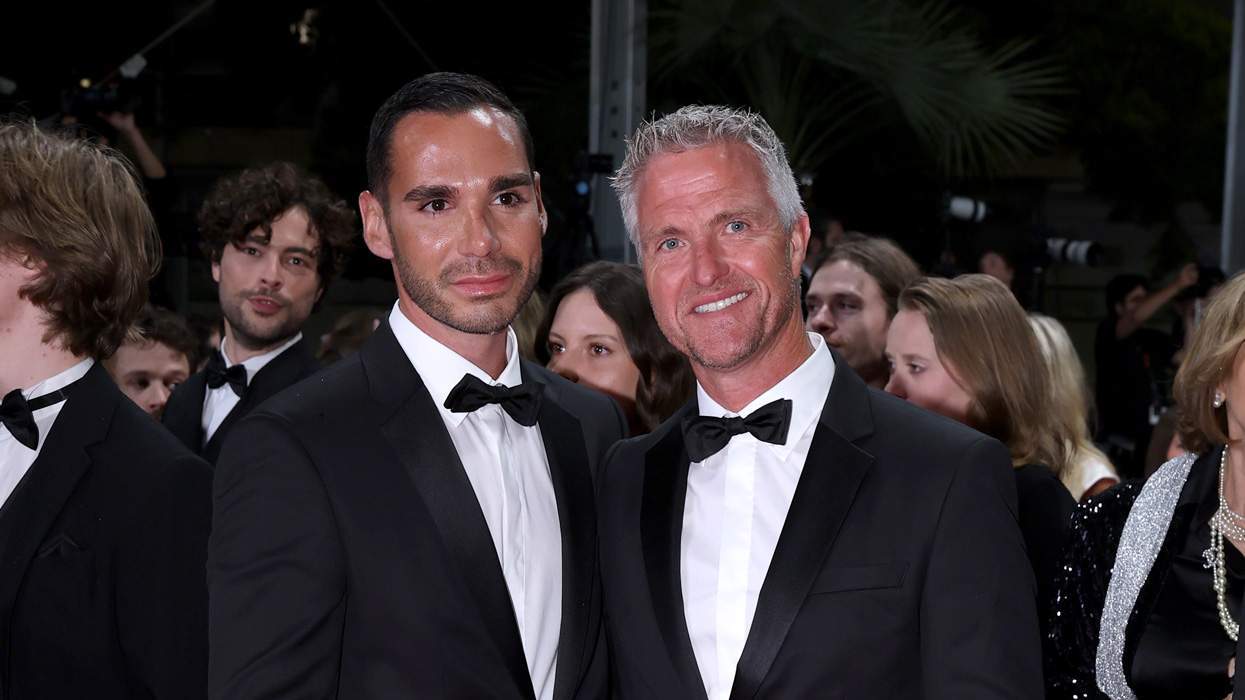



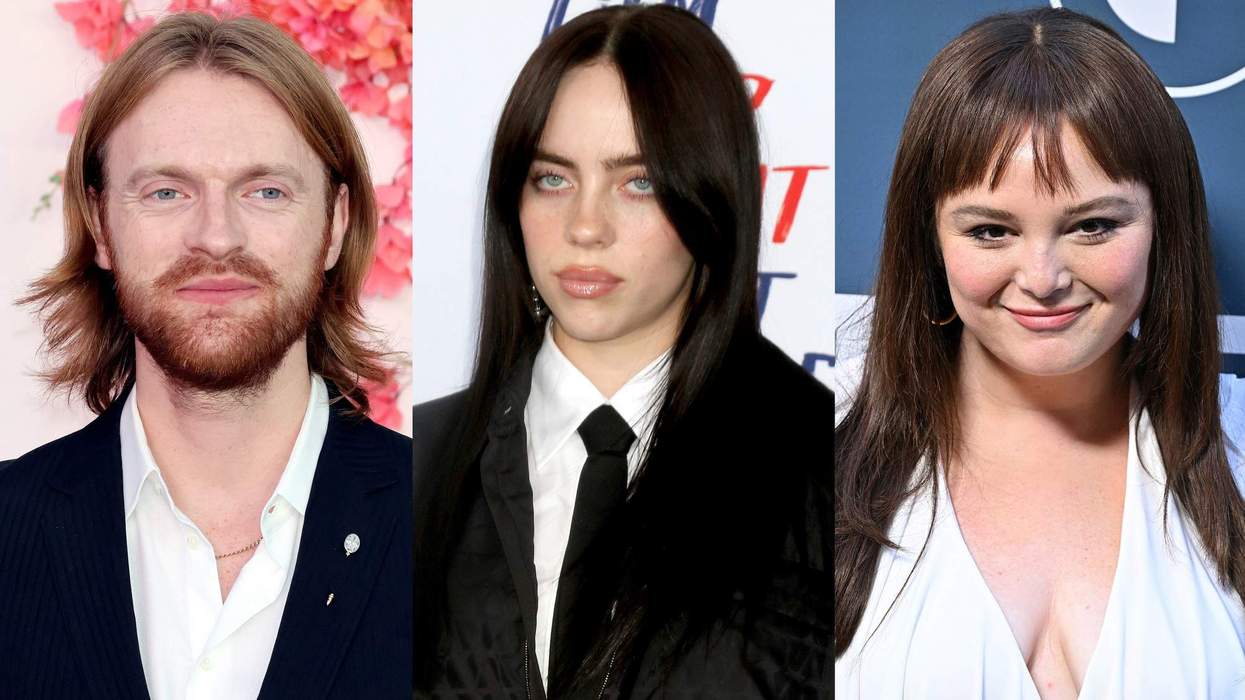
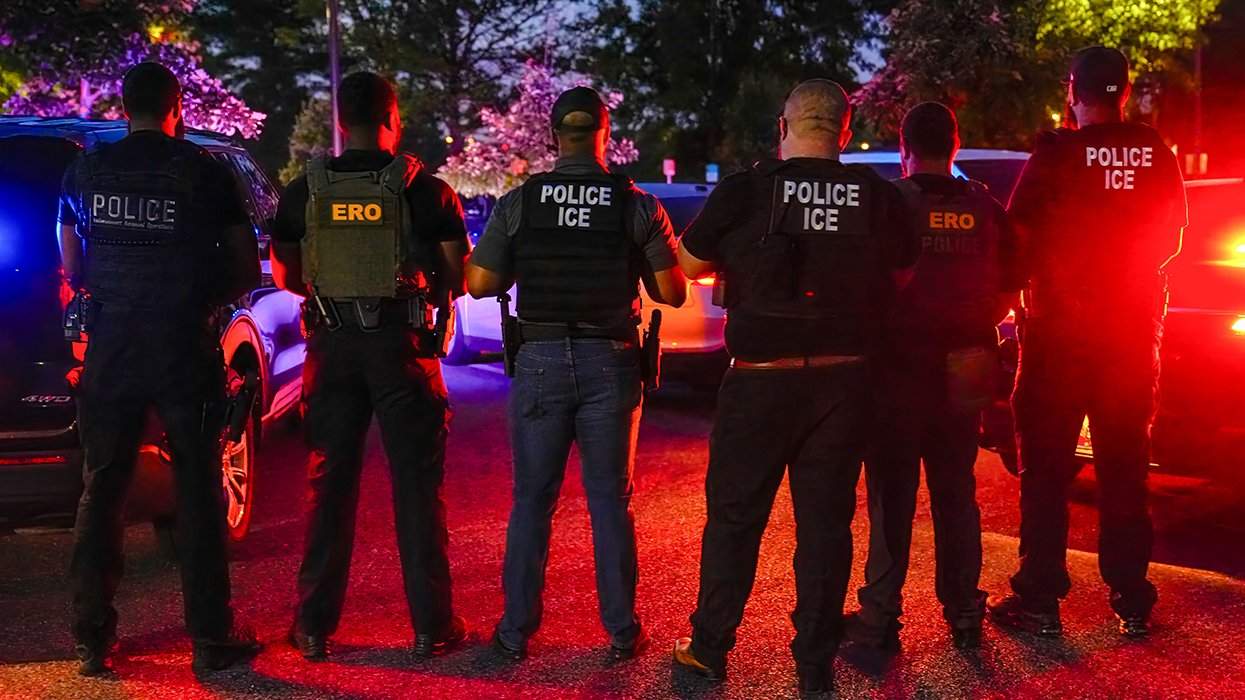
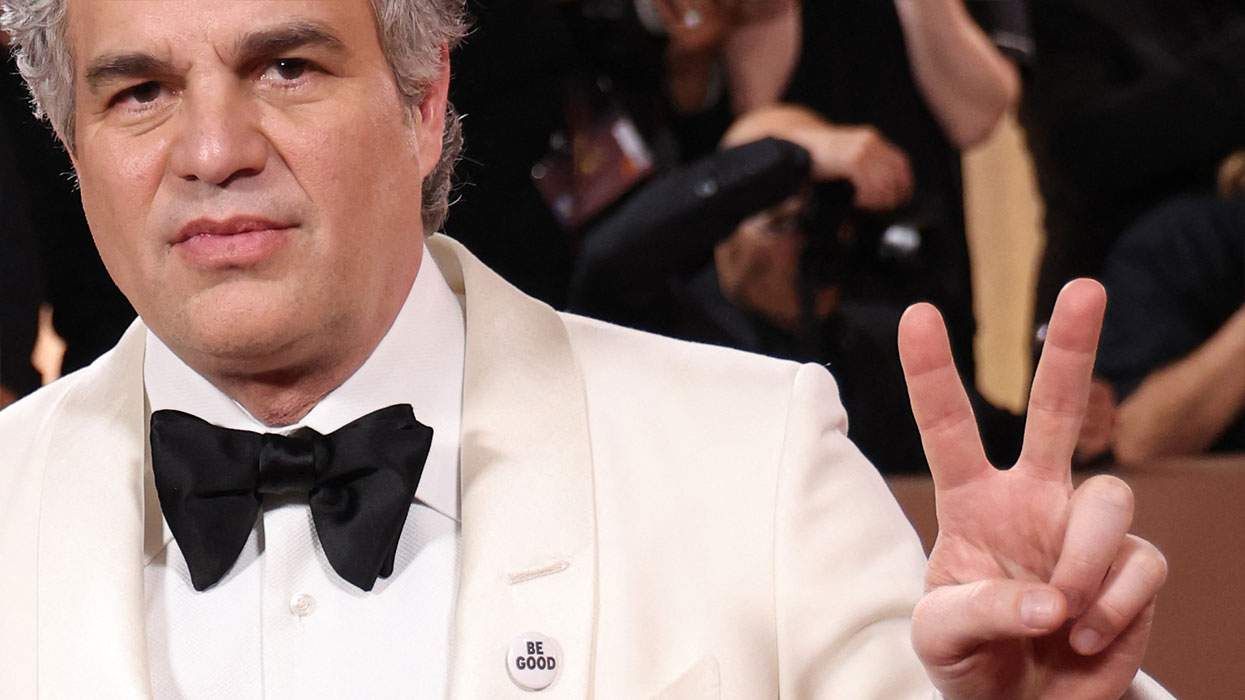
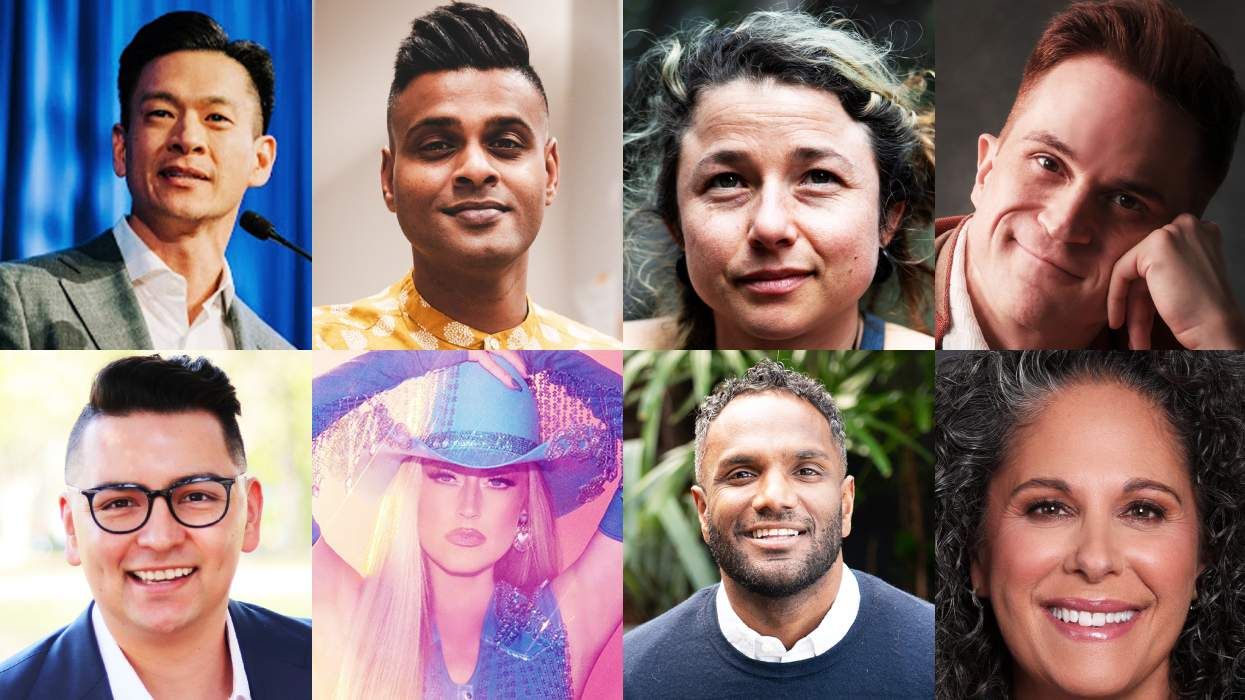
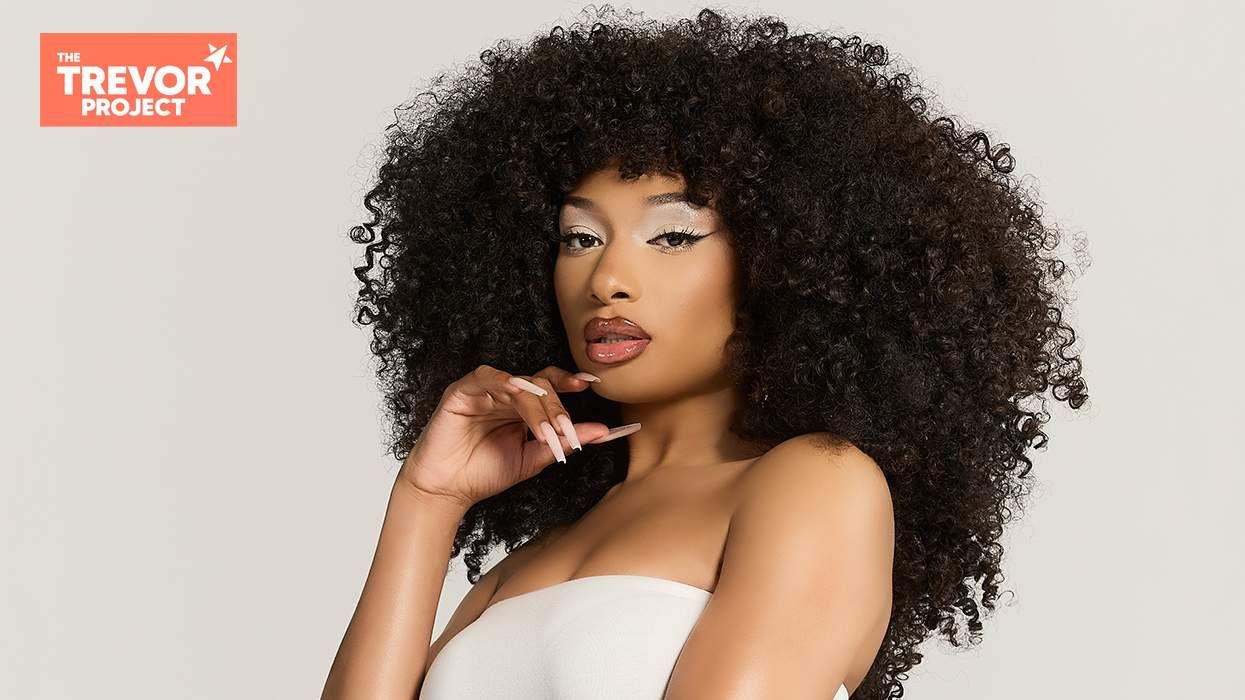






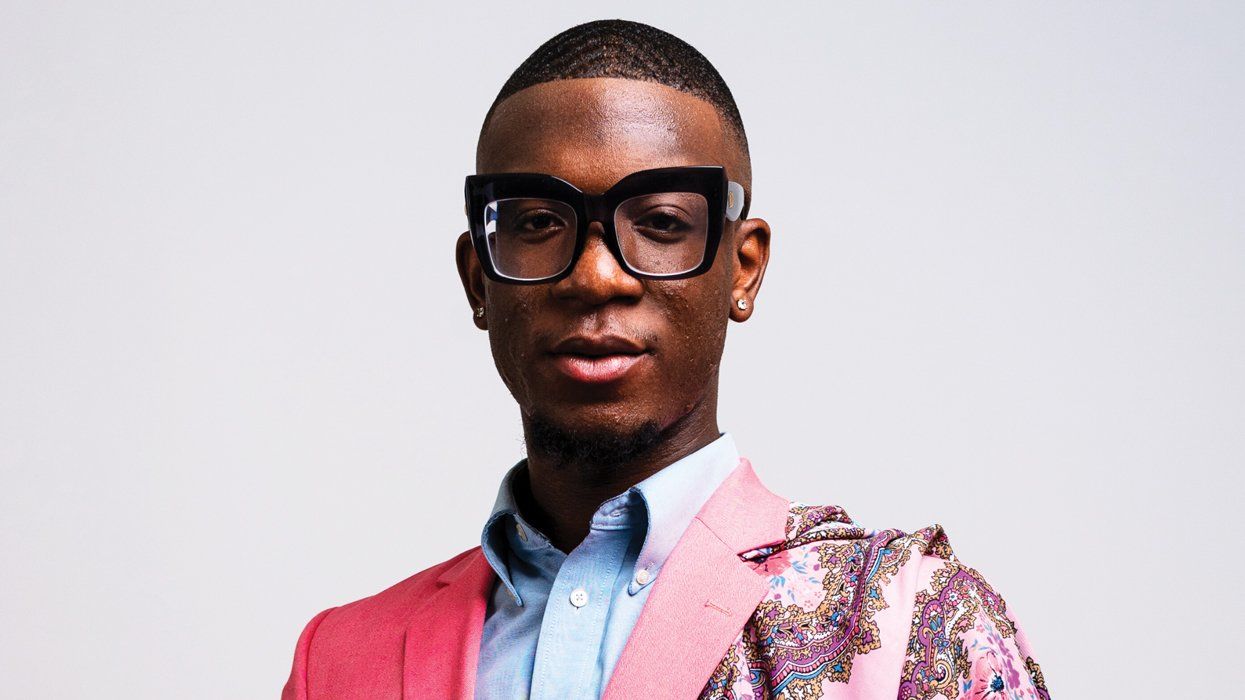
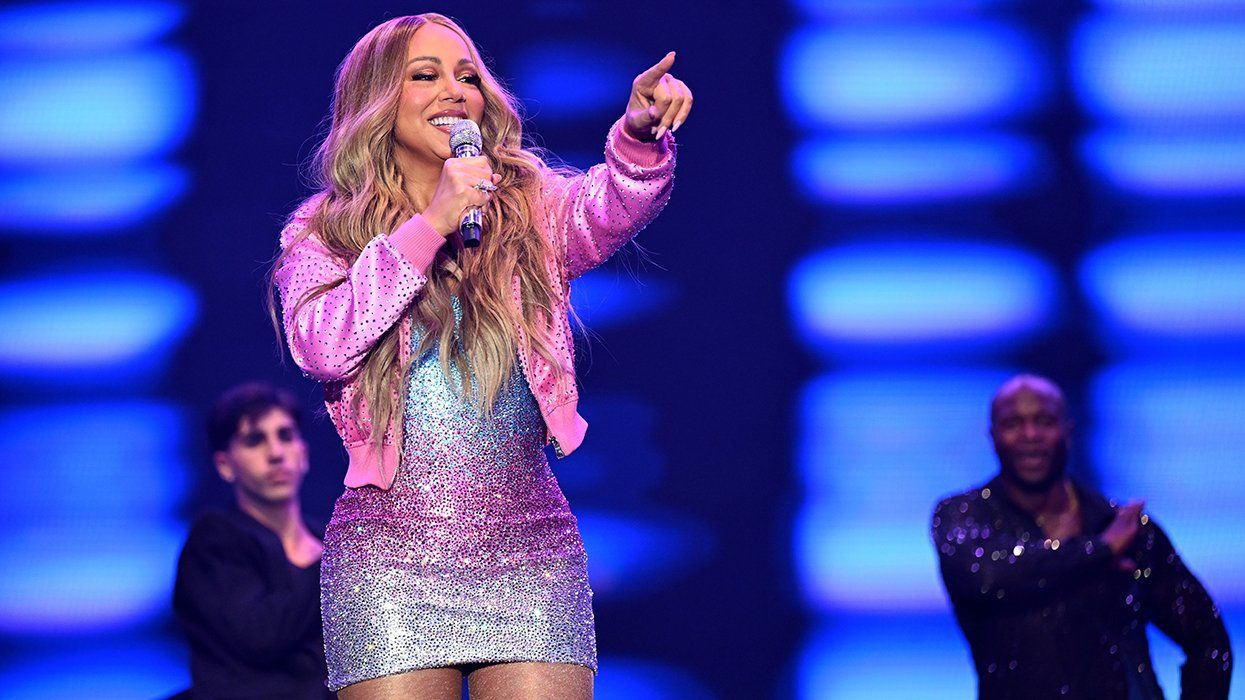
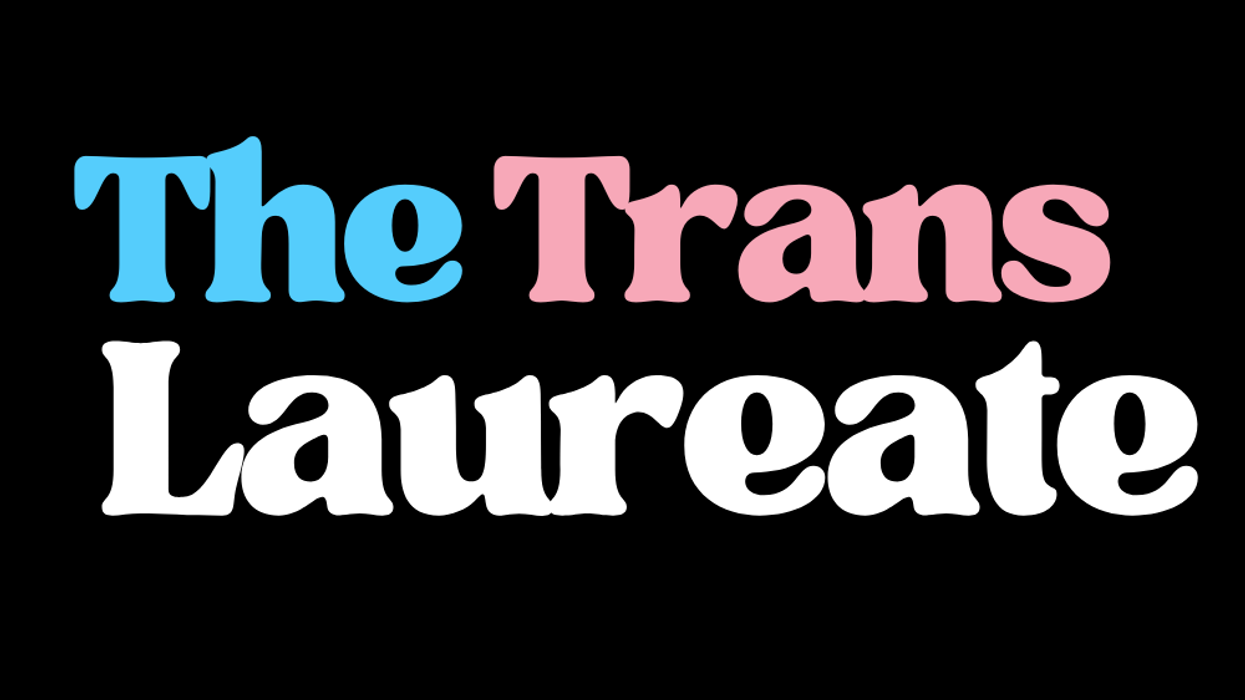
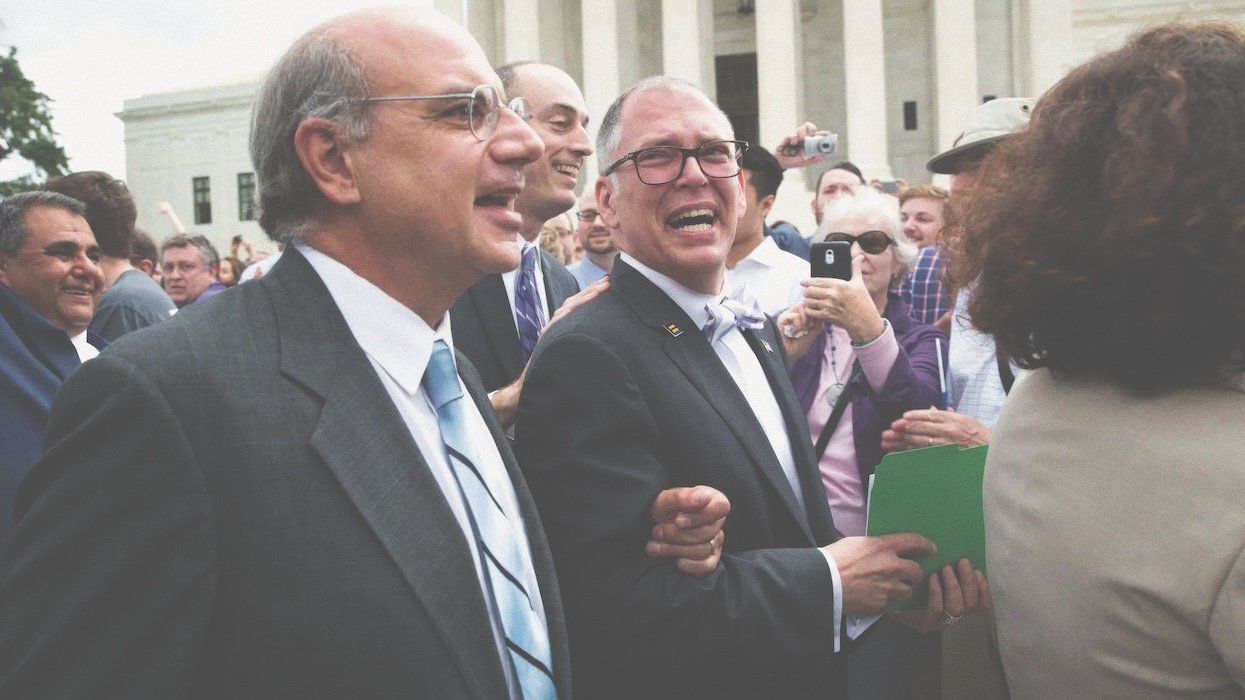
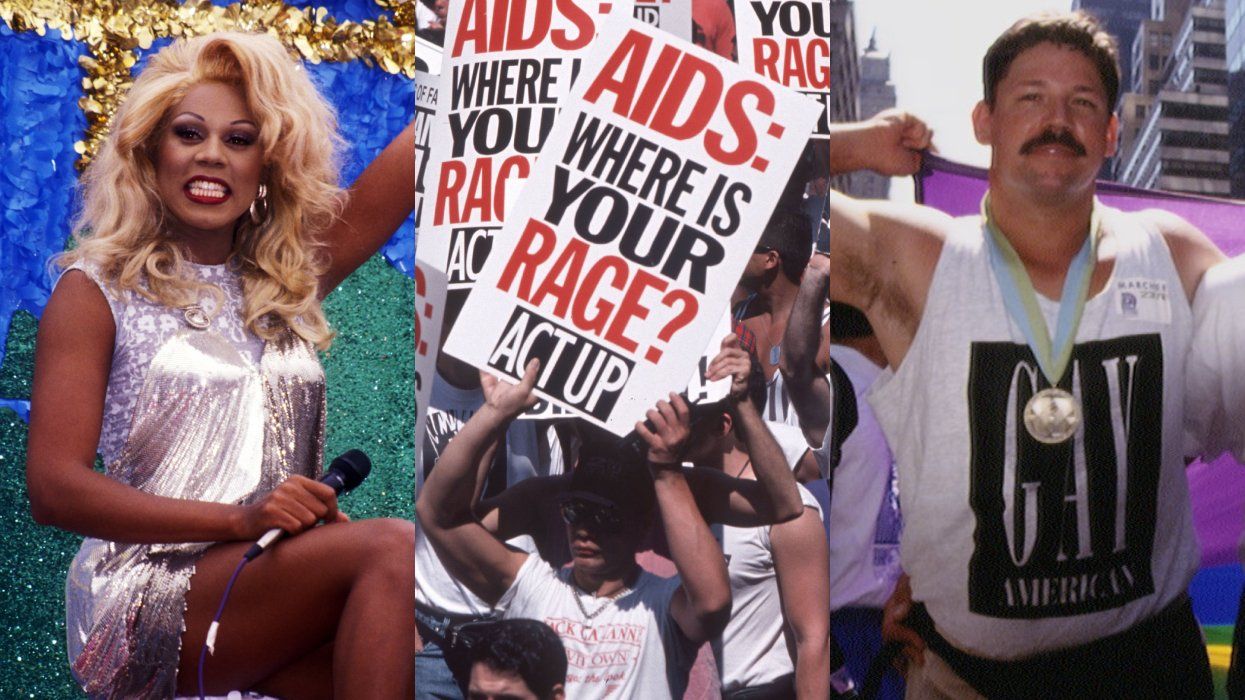
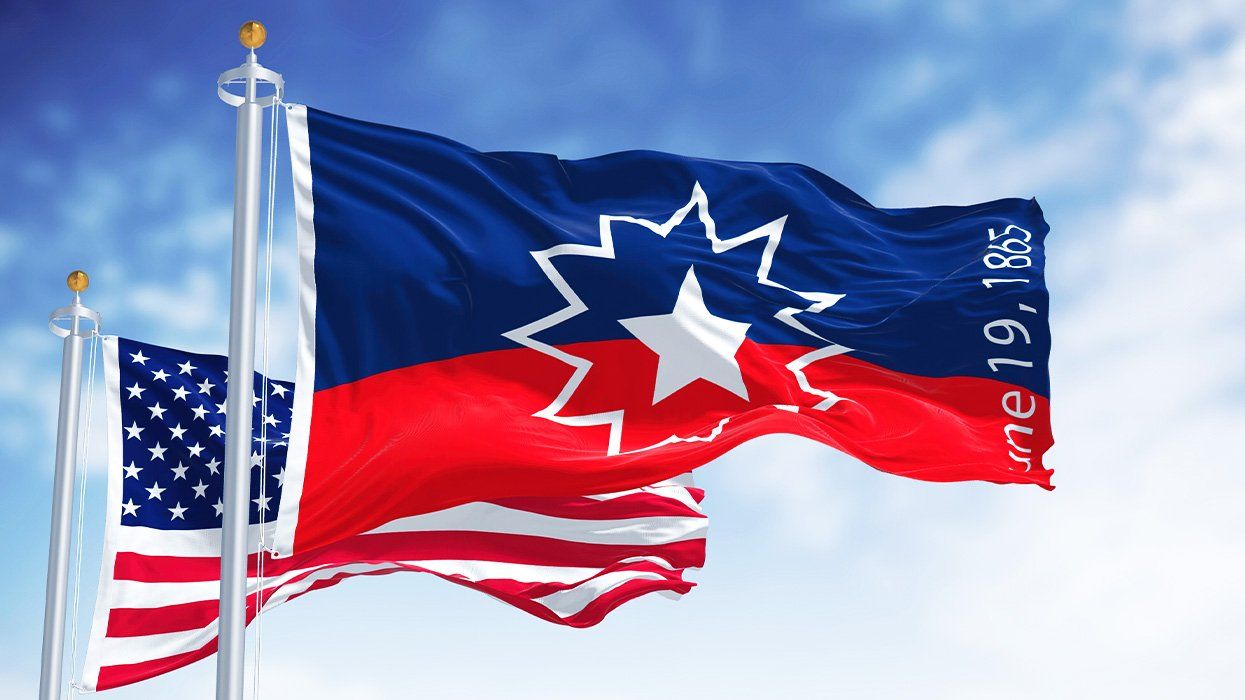
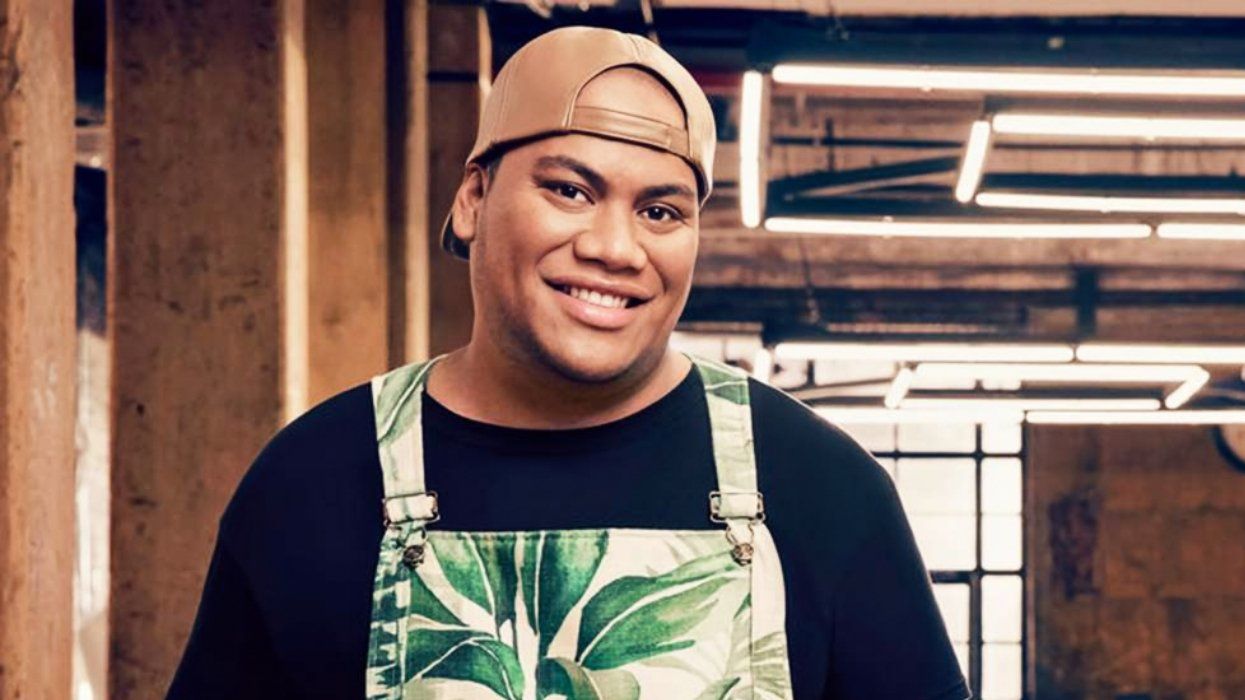
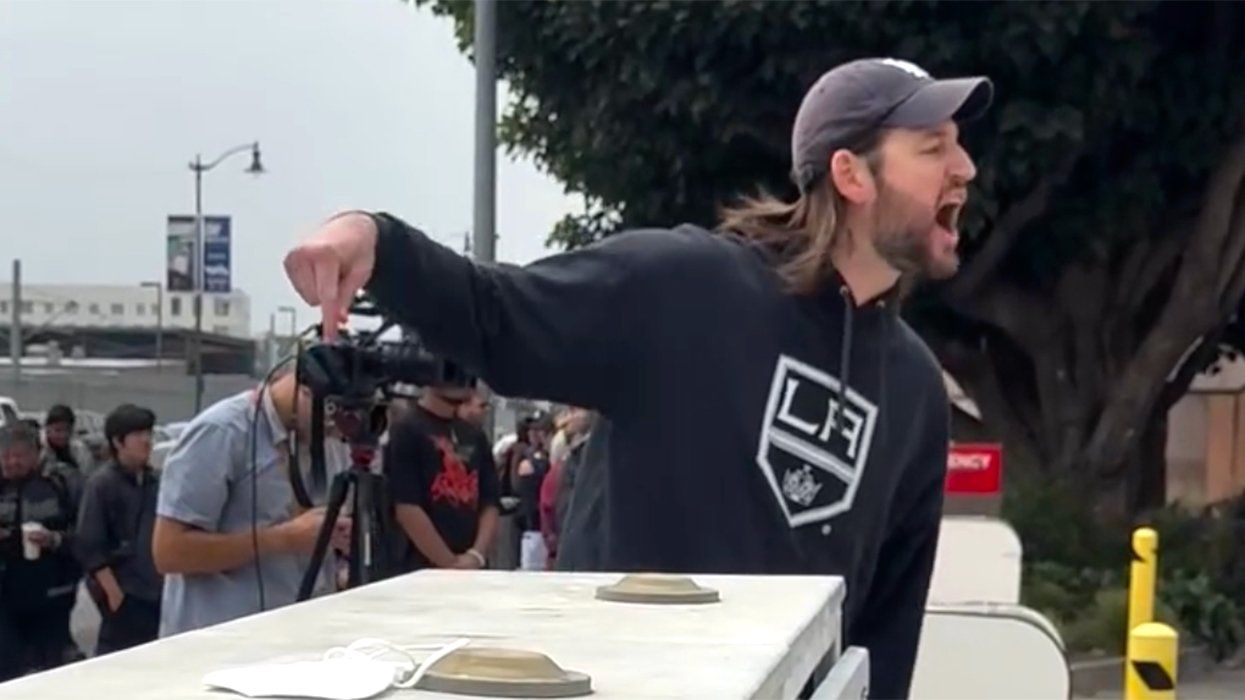
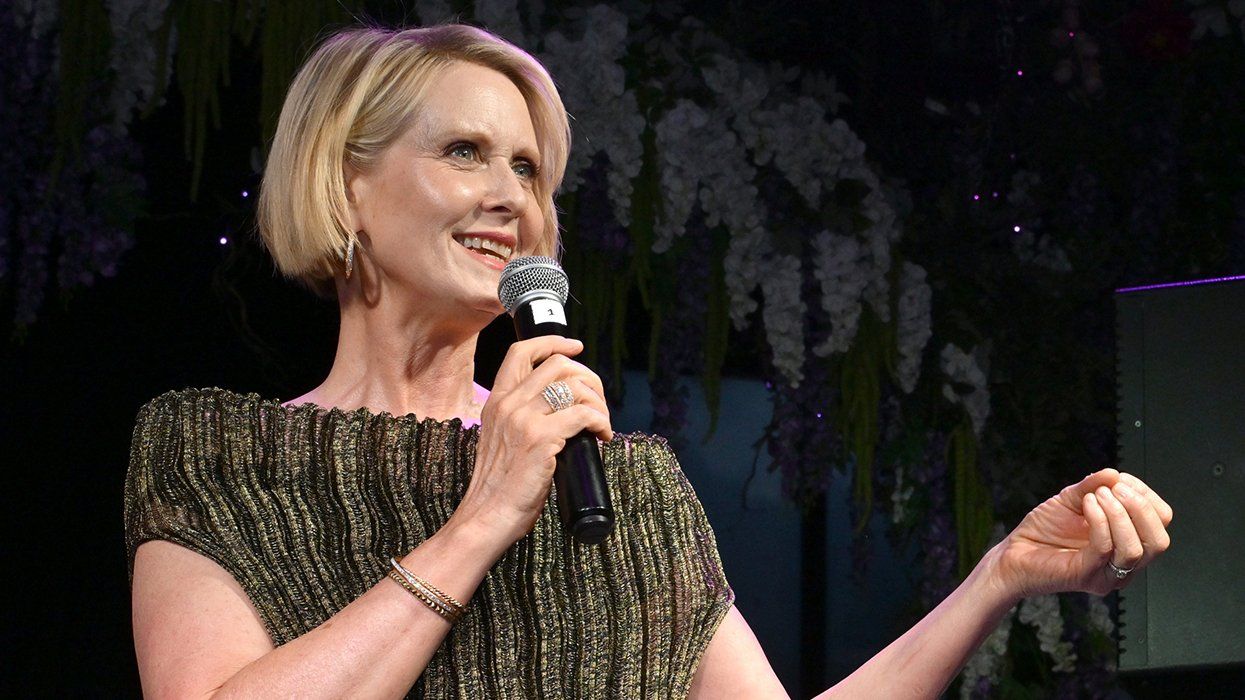
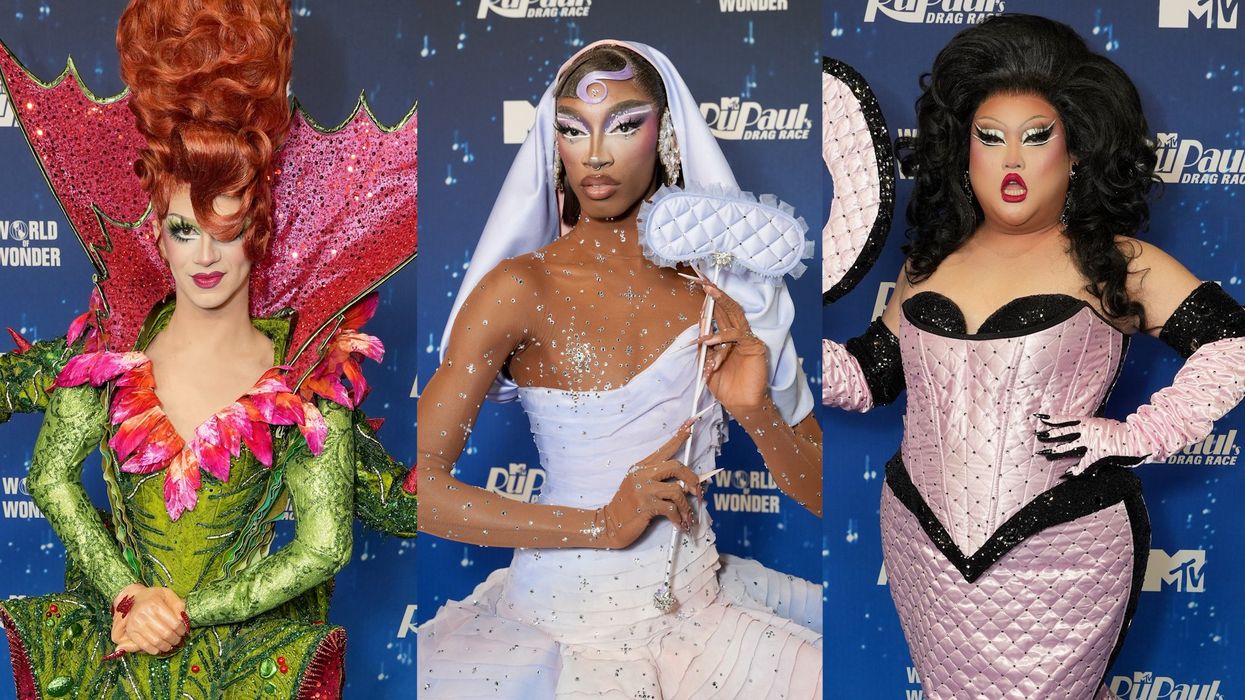
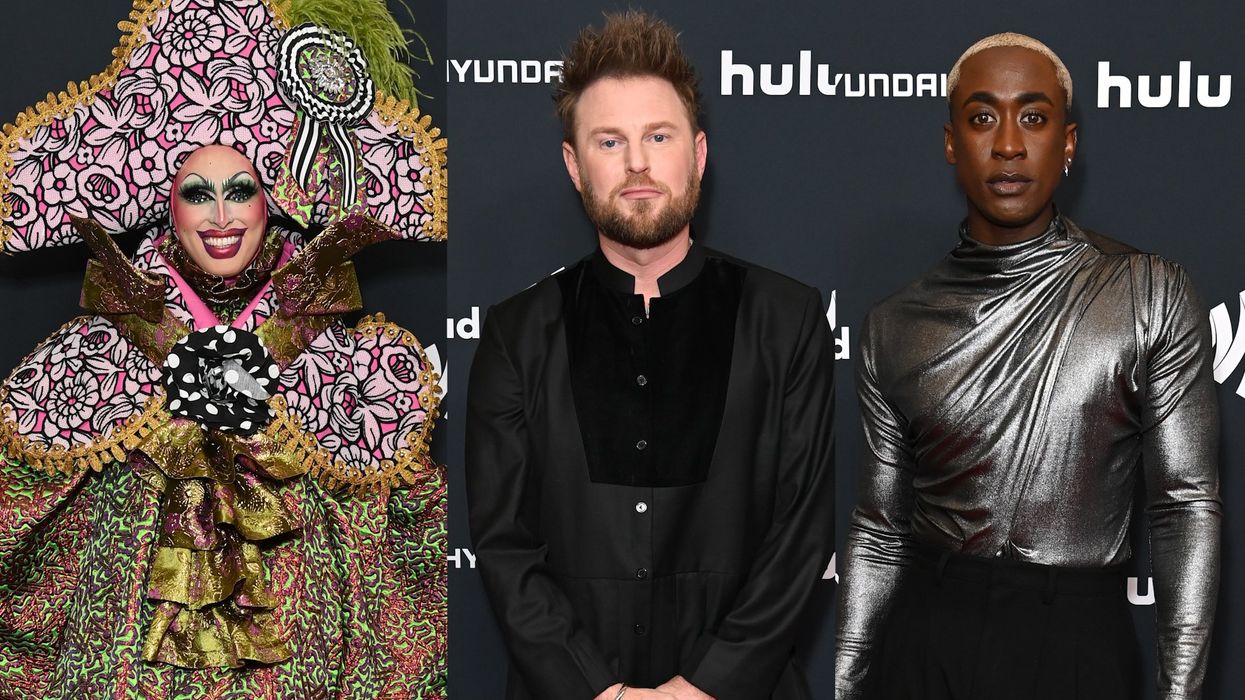

I watched the Kid Rock Turning Point USA halftime show so you don't have to
Opinion: "I have no problem with lip syncing, but you'd think the side that hates drag queens so much would have a little more shame about it," writes Ryan Adamczeski.